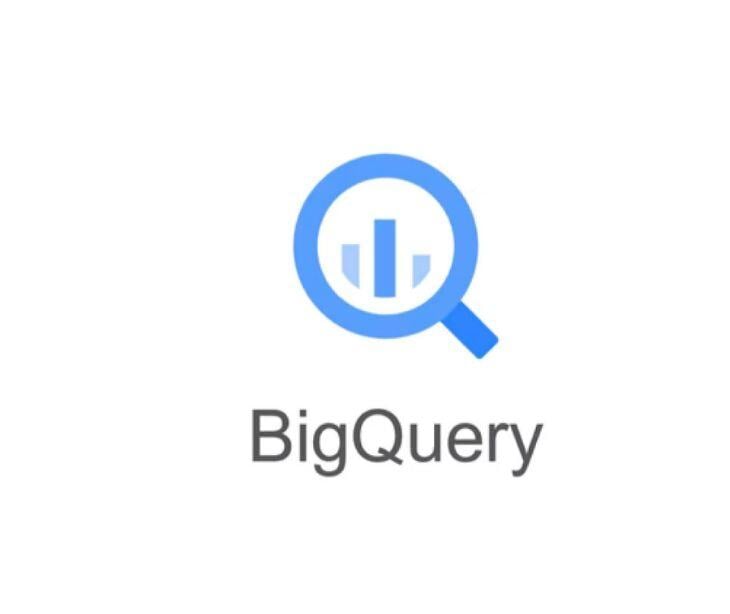1 min read
What’s the difference between a data warehouse and a data lake?
Sara Nguyen October 09, 2021

Data lakes and data warehouses are both ways to store data, but they have some key differences. Those differences can make a huge impact on which option your organization should choose to use.
Read more: HIPAA compliant email
What is the difference between a data warehouse and a data lake?
There are several components that differentiate data warehouses and data lakes. In fact, the only main similarity between data warehouses and data lakes is that they are both designed to store large amounts of data.
Let's review the 3 main differences.
1. Data structure In data lakes, data is stored in a raw format. This is beneficial for organizations that need to analyze data. Meanwhile, data warehouses store structured and processed data. This can make it easier for people to understand and interpret data.
2. Data purpose Data lakes tend to collect a lot of data that may or may not have a purpose in the future. It simply collects data for potential use. In contrast, data warehouses collect data that serves a specific need for the organization. This means that data warehouses can cost less because there isn't as much data stored.
3. Data accessibility Since data lakes are in a raw format, it usually requires a data scientist to understand and interpret the data. This means people with a lower level of data literacy may struggle with processing data. This problem can be avoided by using data warehouses. They have self-service capabilities, which means that a person can generate queries and reports even without a data science background.
Should healthcare companies consider data lakes or data warehouses?
The answer depends on the healthcare company, and you'll find different opinions on what is best. Some will say that data lakes are a better choice since much of the data in healthcare is unstructured and can provide real-time insights. Others will argue that data warehouses are better since data analysis is easier with structured data. Regardless of what healthcare companies choose, they should be careful to ensure that their data management system is compliant with HIPAA. Protected health information (PHI) is often found in data lakes or data warehouses, so it's critical to secure it. That's why it's non-negotiable to have a business associate agreement (BAA) in place with your vendor. It covers the responsibilities of the business associate in protecting PHI and gives covered entities peace of mind knowing that the proper safeguards are implemented.
Subscribe to Paubox Weekly
Every Friday we'll bring you the most important news from Paubox. Our aim is to make you smarter, faster.



